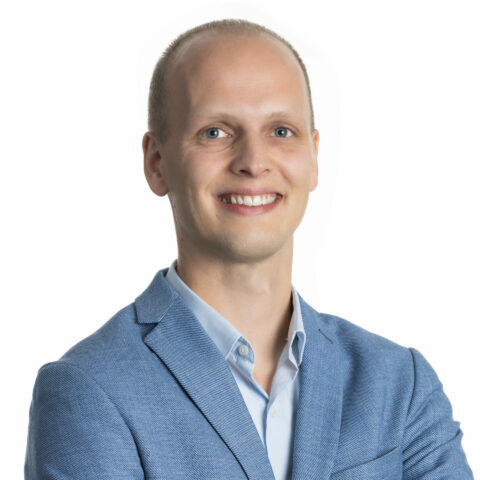Andreas is interested in helping to ameliorate global hunger by improving the prediction of crop yields in Africa, which are strongly affected by periods of drought or enhanced rainfall.
He completed his PhD at the Karlsruhe Institute of Technology (KIT) in Germany, where he worked with mathematicians to describe—at daily, weekly, and intraseasonal timescales—how different types of atmospheric waves create dry and wet periods, while demonstrating their potential for statistical rainfall forecasting.
Andreas wants to develop a new tropical crop forecasting model by applying machine learning to satellite and numerical weather data. In his Schmidt Science Fellowship year, he drew on his experience and expertise to develop a real-time crop-yield prediction model for Africa. He will now continue his work with an Additional Study Grant at the Ermon Lab at Stanford. Andreas aims to achieve the crop-yield prediction model via a combination of real-time satellite observations, weather forecasts, and machine learning techniques. Using neural networks, he hopes to also build on investigations he has previously led on the influence of variable oceanic modes such as the El-Niño in the Pacific Ocean on crop yields in Tanzania, with the goal of testing whether such models can be used as predictors for crop yield more widely.
Andreas is excited by the potential of interdisciplinary ‘computational sustainability’. He hopes to contribute to this new field as it aims to address sustainability challenges through computational methods.
